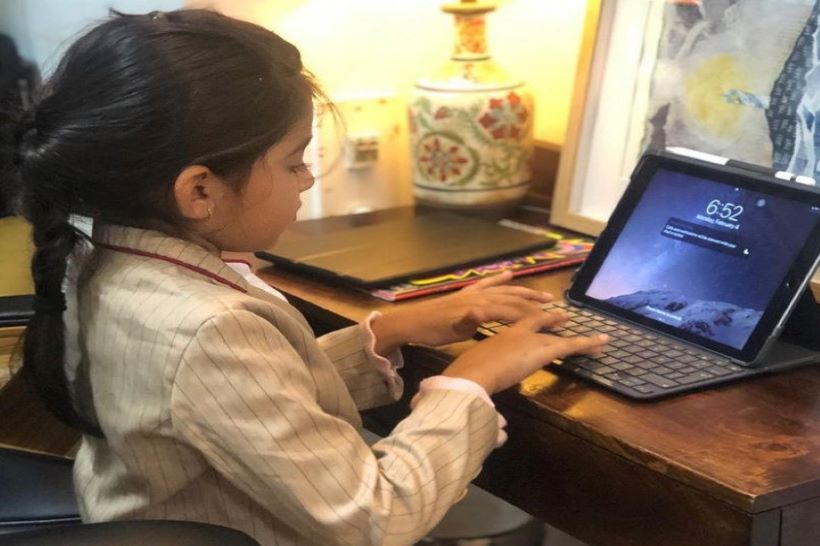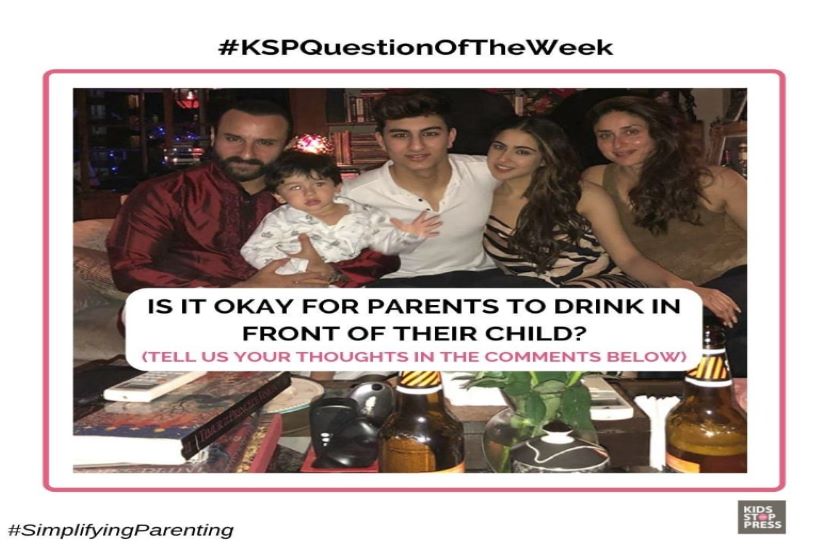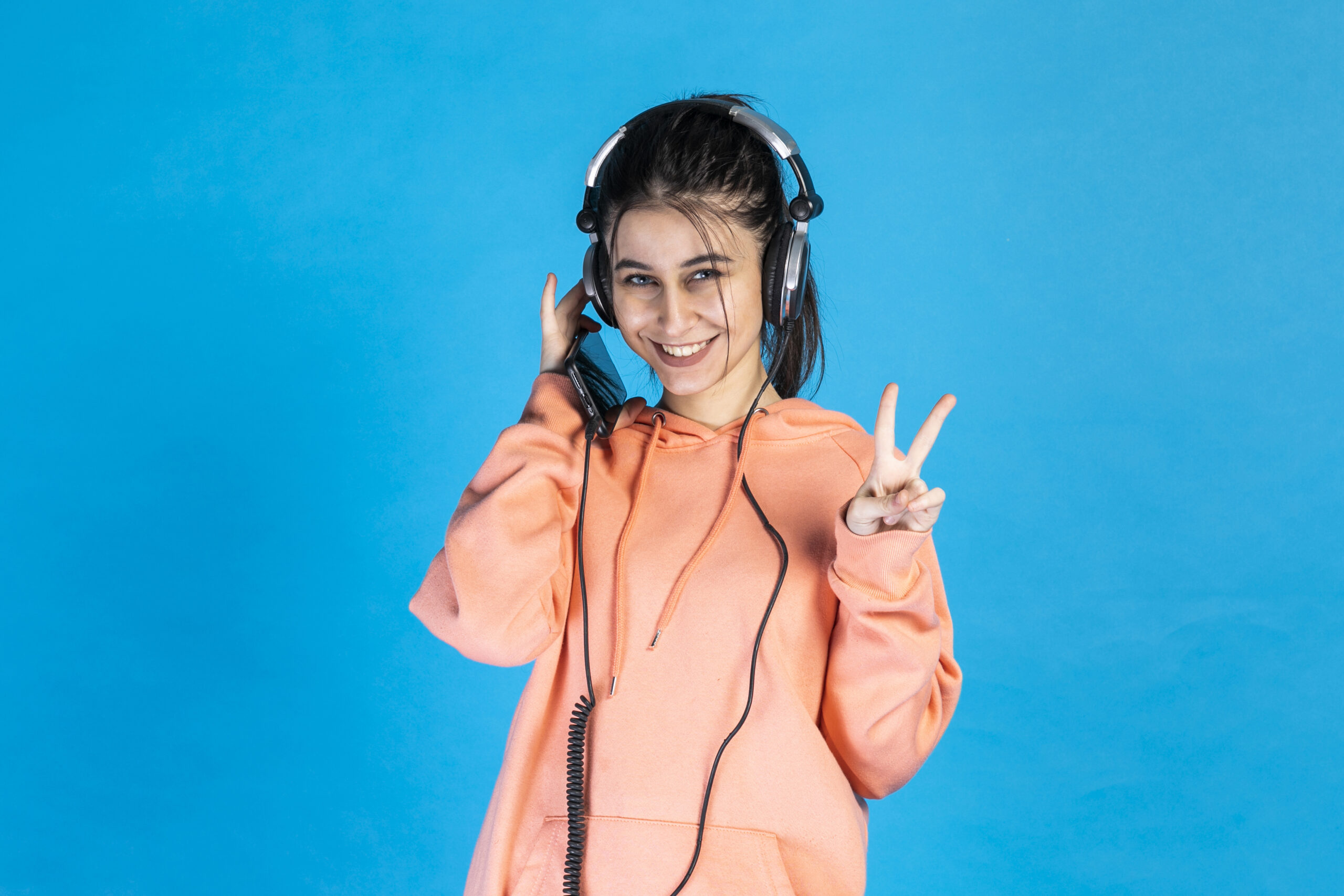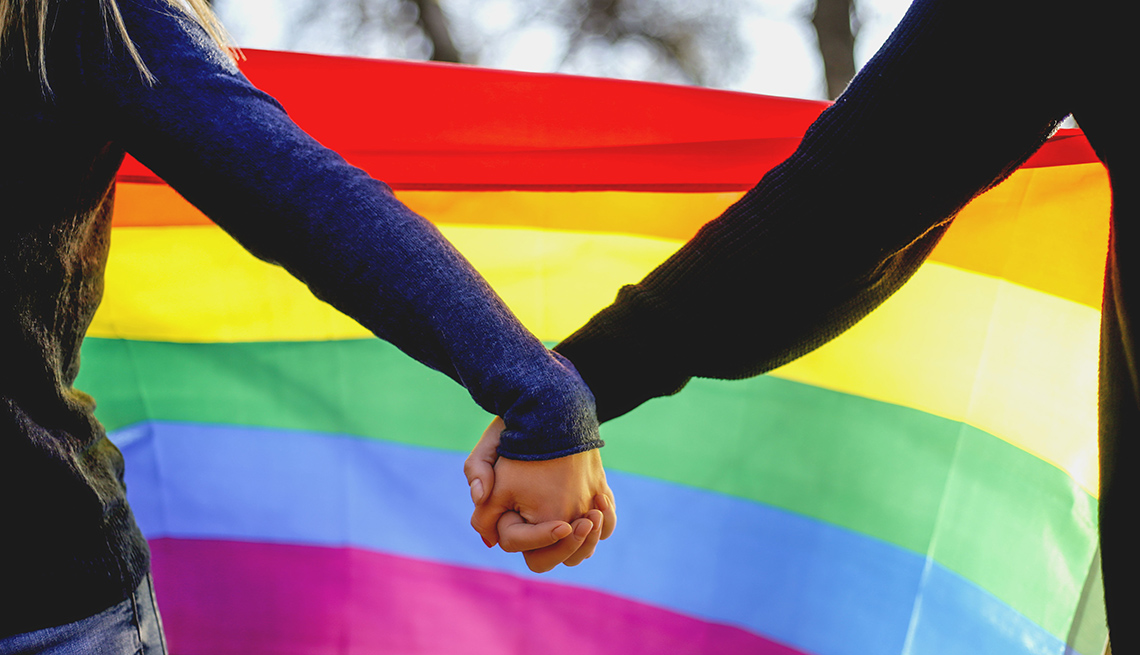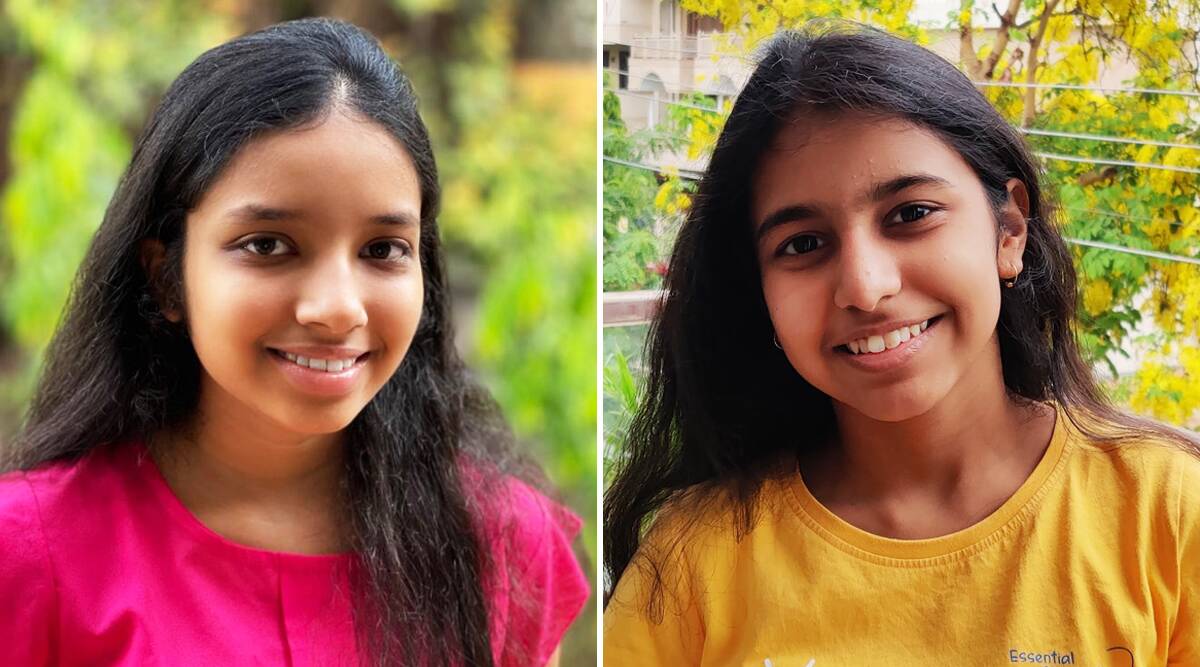Back when we were kids, our parents used to be concerned for our safety when my sisters and I stepped out of the house, went to a crowded place, or returned home late after school or college. The typical Indian parent mindset is to be concerned about your child’s safety and to ensure no harm plagues them.
Today, as a mom of 2 kids, I have one additional worry – to ensure my children are safe even INSIDE my house. With online classes and video workshops becoming the norm, our children spend more hours online than ever before. And that’s a good thing because they learn a world of new things from the comfort of their homes. At the same time, as a parent, it is my duty and responsibility to teach them how to protect themselves not just in the real world but also in today’s virtual world too.
A large chunk of tweens and teens now have access to internet devices, fairly independent of their guardians’ or parents’ surveillance. This has opened up avenues for kids to communicate with their friends, families and loved ones on the internet but also raises concerns about their online safety and privacy.
The Increased Usage Of Smartphones:
According to McAfee’s Global Connected Family Study, smartphone use in Indian kids at the age of 10 to 14 is at 83%, that’s 7% above the international average of 76%. India has also recorded a startling 260% rise in cybercrimes against children in 2020. With that being the case, shouldn’t we promote greater awareness among our children on how to stay safe in the cyber world?
NCERT Guidelines For School Students:
NCERT recently announced 3 things students need to do to stay safe in the cyber world and seeing such guidance coming from educational institutions for students and teachers was truly heartwarming. The directives are simple yet effective and state:
● “Report online bullying immediately” to teachers, parents or someone they trust
● Don’t bully others online “by teasing, threatening, using rude or offensive language, making derogatory or hateful comments”
● Don’t “log in as someone else to read their emails or mess with their online profiles,” among other things.
How are tech companies helping:
In today’s digitally connected world, reliable private messaging apps are a comforting prospect for parents. There is an assurance of privacy on messaging apps that are end-to-end encrypted because only you and the person you’re communicating with can read or listen to what is sent, and nobody in between. Additionally, only people who have your phone number can message you. End-to-end encrypted messaging platforms like WhatsApp have also installed important safety measures that ensure online safety, for example, parents and young adults can easily block and report contacts they receive problematic messages from. With privacy settings, users can decide who can add them to groups and control who can view private information like their profile pictures, last seen, about and status.
Though tech and social media companies are doing their best to safeguard us and our kids from online predators, keeping them aware of its perils and educating them is the key to protecting our kids online.
What you can do as a parent:
As parents, my husband and I constantly talk about how we can educate our 9 and 13-year-old children on safety best practices to safeguard their digital wellbeing. We often think about how, as parents, we can make it easier for them to understand the importance of safety and privacy in today’s online world.
Here’s what we have agreed to do together with our children:
- Teach children about the importance of protecting their privacy.
- Ensure that they only use end-to-end encrypted private messaging apps that will help keep conversations private and secure.
- Be aware of the groups you are being added to. For example, WhatsApp’s group invite system allows people to decide who can add them to groups. This helps maintain user privacy and helps prevent people from being added to unwanted groups.
- Ensure you enable privacy settings where your kids have the power to control their personal details like – Profile Photo, Last Seen, About, Status and who it’s seen by – everyone, contacts only, or no one.
- Maintain open channels of communication so that your kids alert you when unknown people try messaging them, and block and report such contacts once you have discussed it.
- Educate them regularly on safety features that are available on private messaging apps. WhastApp has a safety feature called Message level reporting which allows you to report problematic messages by flagging a specific message by simply long pressing a particular message to either report or block a user.
- Never share numbers, addresses, or any private details on gaming and online apps.
- Never click on pop-ups and ads, however luring they might be.
- Never share any passwords with friends.
- Be kind to people on the internet and don’t share content that can hurt someone or is against the law.
More importantly, the lesson for me and my husband, as parents, is to keep working on building a two-way communication channel with our children. So that they know, if ever they’re in trouble, they have us to come back to and discuss it, rather than be scared of the consequences. That, in my opinion, is the key skill parents need to inculcate.
